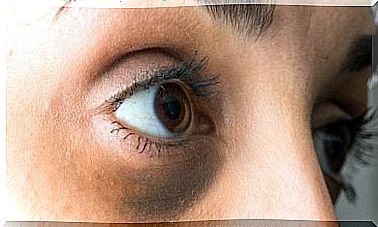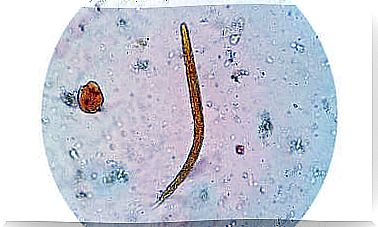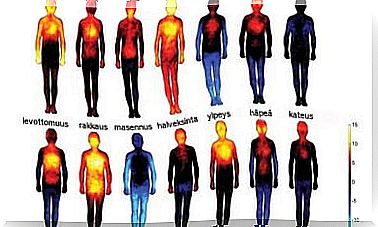How Do Food Additives Affect The Body?

The World Health Organization defines additives as substances that are added to foods in order to maintain or improve their safety, composition, freshness, taste or appearance. Some additives, such as salt, have been used for centuries in many cultures to preserve food, while some food additives have only become familiar with the birth of modern industry. In this article you can read about how food additives affect the body.
The use of additives is in principle justified by a technical need. The main objective is to guarantee or stabilize the proper preservation of the nutritional quality of the food.
These compounds are also added to foods to improve the taste or appearance of the products. In all situations, food manufacturers should, at least in theory, follow the recommendations of organizations such as the FAO (Food and Agriculture Organization of the United Nations).
Classification of food additives
Food additives are obtained from various sources. Some of them are derived from plants, others from animals or minerals, and one group is made synthetically. Today, the food industry uses thousands of such substances that are added to foods for some specific purpose.
The WHO and FAO classify these compounds into three broad categories:
- Flavorings: substances that are added to food to improve its taste or aroma.
- Enzyme preparations: these are natural proteins that trigger chemical reactions and must not be present in the final food product.
- Other additives: these add color or sweetness to food.

Health risks of food additives
Each country has its own specific organizations dedicated to analyzing the health effects of food additives. At the international level, this task is the responsibility of the WHO and the FAO. To this end, these organizations have set up the Joint FAO / WHO Expert Committee on Food Additives (JECFA).
To find out how food additives affect the body, they set off from the daily allowable amount. This is the amount of food additive that a person can take on a daily basis without affecting his health in any way.
Risk identification
The risks we may be exposed to when we eat food additives are listed in the Codex . The development and publication of any Codex must involve a number of intergovernmental agencies that analyze and list the risks of each situation, in addition to rules, directives and recommendations.
The first step in risk assessment is to identify the hazards. Scientists look at them from a toxicological perspective.
After these analyzes, the researchers find out what supplements a person can ingest on a daily basis in relation to their body weight without causing him any health problems. The risks are then classified.
The most well-known side effects
Food additives can cause a variety of side effects, especially if they are used illegally without complying with regulatory requirements. These side effects are classified into three broad categories:
- Allergic reactions: These are due to an immunological response. The most common additive that causes allergic reactions are dyes.
- Non-immunological intolerance or hypersensitivity: These are related to the unidentified intolerance of the person enjoying them.
- Endocrine or neurotoxic disorders: When additives interfere with the synthesis or release of neurotransmitters in the brain.

How food additives affect the body
Side effects manifest themselves in different ways and in different diseases. The following list is not exhaustive, nor is it a definitive summary of the adverse effects of the additives.
The most well-known side effects of additives are:
- Respiratory diseases such as asthma or rhinitis: these problems are usually caused by the effects of dyes on the central nervous system.
- Skin problems such as hives or contact dermatitis: these ailments are mainly related to preservatives and dyes.
- Changes in the central nervous system and endocrine system.
Food additives: note
Additives are found in the majority of the foods we eat and buy. For this reason, we should always consult the list of ingredients in the products and find out if they are approved by a legitimate organization. If you think you have had an allergic reaction to food, it is best to see a doctor.









